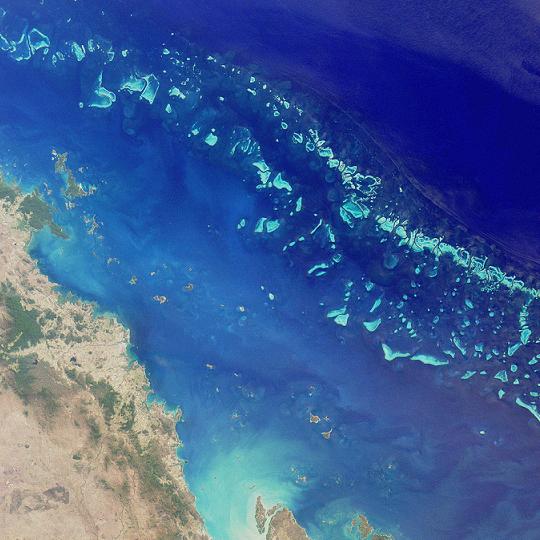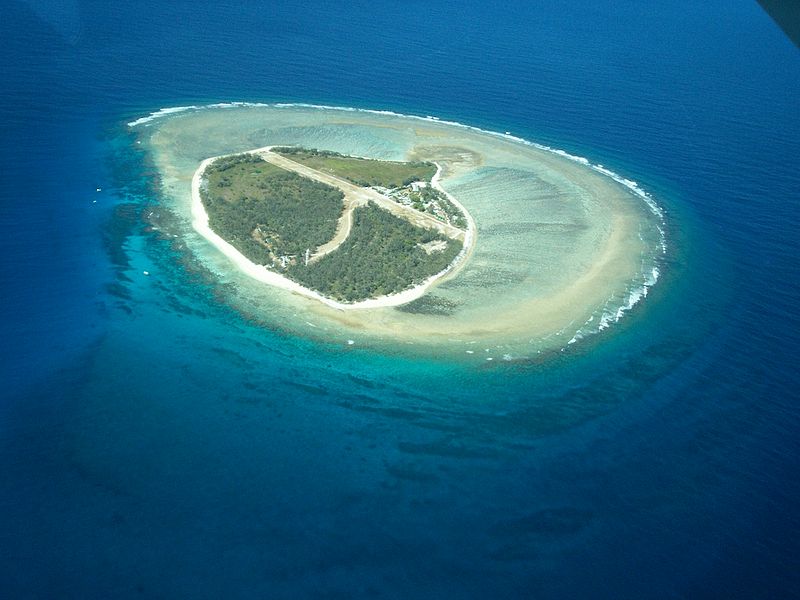The isolated continent has long been at the vanguard of environmental policy, and a newly designated marine reserve will make its acres under protection the largest in the world.
Ahead of this year’s Earth Summit in Rio de Janiero, where the leading minds in environmental policy will gather to discuss the future of our planet, the Australian government made a stunning announcement. Standing in front of the shark tank at the Sydney Aquarium, environment minister Tony Burke outlined a dramatic plan to increase Australia’s protected marine areas. “It’s time for the world to turn a corner on protection of our oceans,” he said, “Australia today is leading that next step.”
Under the new scheme, which will give Australia the largest network of marine reserves in the world, the Barrier Reef and Coral Sea will be included in a vast swath of protected area covering more than 3 million square kilometres. The number of reserves will increase from 27 to 60, and there will be a complete ban on fishing in the Coral Sea, stretching from the northeast of Australia over to Vanuatu and New Caledonia in the east, and bordered by Papua New Guinea and the Solomon Islands to the north.
The area of the UNESCO World Heritage Site of the Great Barrier Reef, home to many of the country’s celebrated island resorts, is already heavily protected, with numerous marine parks encompassing tourist destinations like the luxury private island resorts on islands such as Lady Elliot, Haggerston, and Green. Tourism to the Great Barrier Reef has lagged in recent years, but makes a large $5 billion contribution to the North Australia economy.
Proponents of the new marine reserves believe that the new protection will help tourism by keeping the scenery pristine, and emphasize that only a small amount of recreational fishing will be impacted, but a the perception of a widespread ban on fishing is expected to hit the Queensland travel industry hard. One charter tour operator, according to a report in the Cairns Post, has already had AUS $120,000 in cancellations, and many resorts are worried that they will no longer be able to offer fishing as part of their recreation.
While many environmental groups celebrated the announcement, there have also been plenty of concerns raised about the plan – and about just whose interests are truly being served. Deep sea areas off the coast of Australia are receiving increased protection, but only a fraction of the continental shelf, with its easily-accessed oil and gas reserves, has been added to the park. “It is deeply concerning that the boundaries the minister has determined have been very strongly determined on oil and gas prospectivity,” said Green politician Rachel Siewert.
Read more about this story: Guardian UK




